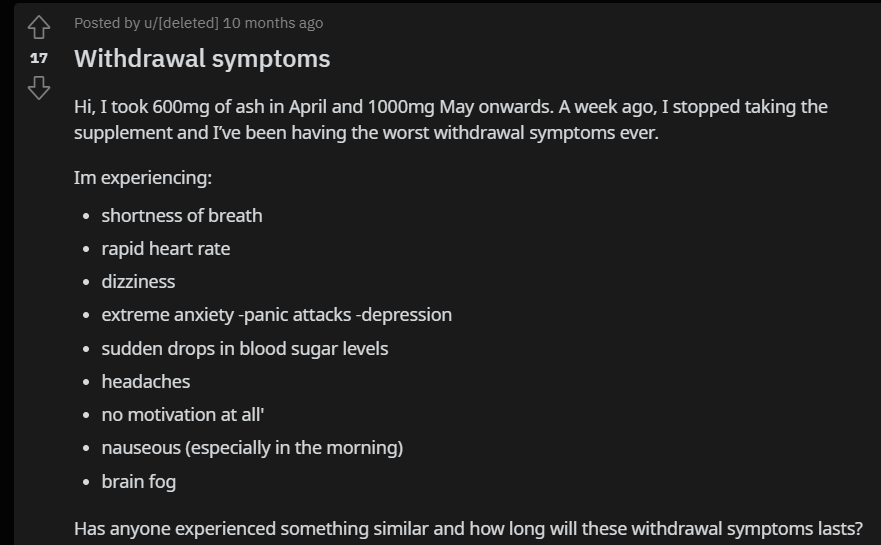Dr. Susan Francis is a passionate medical professional with over 4.5 years of experience in the field. She received her medical degree from the University of Michigan and completed her residency at the Mayo Clinic.
In addition to her clinical work, Dr. Francis has a strong interest in medical writing and editing. She has edited numerous articles for medical journals and is a regular contributor to several healthcare publications.
Dr. Francis is committed to promoting accurate and accessible medical information to the public. In her free time, she enjoys staying up to date on the latest medical research and volunteering at local healthcare clinics.













Pingback: Ashwagandha Gummies For Sex, Do They Work? | RealGoodGummies
Pingback: Ashwagandha For Kids And Teenagers, Is It Safe? | RealGoodGummies
Pingback: Ashwagandha And Magnesium: Should You Consume Them Together? Realgoodgummies
Pingback: Ashwagandha Moon Milk Recipe | RealGoodGummies
Pingback: Ashwagandha For Weight Loss: Benefits And Risks | RealGoodGummies
Pingback: Ashwagandha Vs Ginseng : A Detailed Comparion In 2023